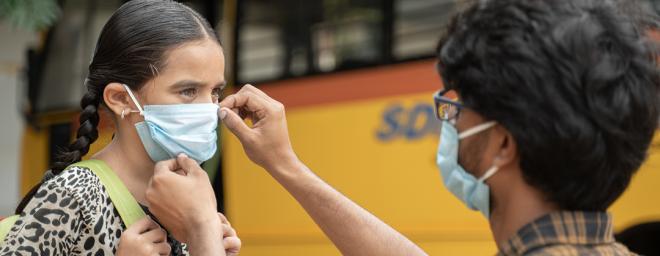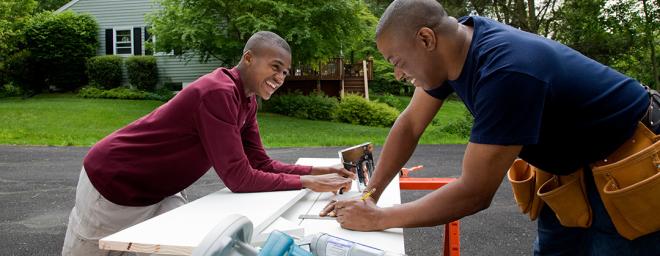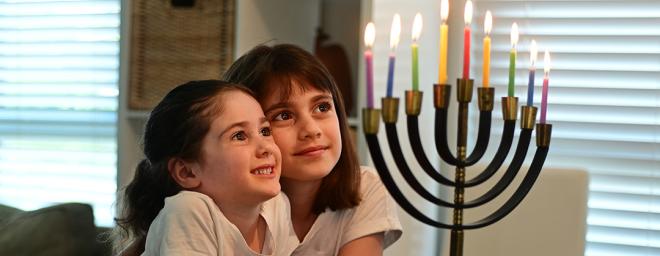
The Place between Foster Care and Forever
Our call to adoption started with when my mother fostered children while I was growing up. I never understand why she did it until 10 years later after I attended a foster parent training. It is not always easy, but we can no longer imagine our world any other way.Read More

Your Child and School Anxiety
This school year has been unlike any other with all of the unexpected challenges and unknowns. It is normal for your child to feel unexpected increased anxiety about school. Here are five steps to help your child feel more confident and in control when heading back to school.Read More

Why Is Trauma-Informed Care Important?
Why is trauma-informed care important to you? Trauma has been shown to impact an individual’s brain development, subsequently altering emotional and cognitive development. In order to effectively engage with and treat clients who have experienced trauma of some kind, it’s important for us as providers to understand how trauma can change the way a person thinks, reacts, and operates.Read More

Transitioning to Adulthood
It can be challenging for youth and caregivers when the time comes to transition into adulthood and independence. The Child Welfare Information Gateway outlines key areas families can focus on during this transition.Read More

What is Trauma-Informed Care?
Trauma-informed care is a growingly common buzzword in the health, education, and social services industries as we learn more about how past experiences can impact a person’s brain development and life functioning throughout their lives. The goal of trauma-informed care is to help an individual move past their trauma with interventions that work for their brain, allowing for lifelong success managing their thoughts, feelings, and behaviors.Read More

Four Steps to Letting Go
2020 was a year like no other that challenged our mental health, our mindset, and overall well-being. As we move into the next year, it’s important to reset our minds and take the time to look back at 2020 and think about the happy times, joys, struggles, and challenges, and how we reacted and overcame them. Take a look at how the Four Steps to Letting Go can help you find a new mindset.Read More

Our Top 5 Blogs of 2020
Take a look at our most read blogs of 2020! Topics ranged from personal and family mental health to social justice.Read More

10 Things You Can Do for Someone Struggling with Depression
When a loved one is dealing with depression, it's important to understand what they may be going through and what actions you can take to show your care and support. Understanding their feelings of depression may start with you asking a few questions and taking note of changes in their behavior.Read More

Pandemic Resolutions and A French Press
As we enter into another period of uncertainty around the pandemic, take time to find gratitude for your triumphs and lets enter 2021 with hope and reasonable expectations of yourself and your family.Read More

Missing that Holiday Feeling
The Holiday Season is upon us again, and for many, will likely be a season unlike any experienced before. COVID-19 has impacted 2020 in ways unthinkable. As you prepare for the holiday season, allow yourself time to acknowledge your feelings of grief and loss, and explore ways you can establish new traditions for you and your family.Read More
